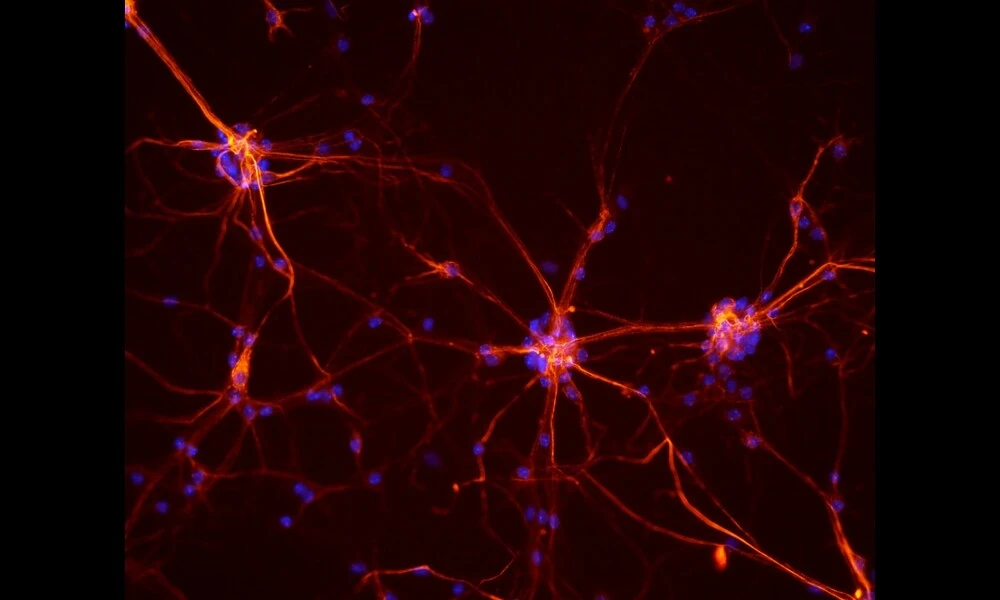Keto Diet Shows Promise for Managing Bipolar Disorder
Published on Fri May 17 2024 Joy | Alan Cleaver on Flickr
Joy | Alan Cleaver on FlickrA recent pilot study by researchers in the UK exploring the use of a ketogenic diet as a potential treatment for bipolar disorder has yielded promising results, suggesting it may be a feasible and acceptable intervention for some patients. The study, which involved a mixed-methods process evaluation, found that many participants experienced benefits such as mood stability and weight loss. However, researchers also identified several challenges that need to be addressed before larger clinical trials can be conducted.
The ketogenic diet, characterized by very low carbohydrate and high fat intake, has gained attention in recent years for its potential therapeutic effects across various psychiatric conditions. In this study, participants with bipolar disorder followed a modified ketogenic diet for 6-8 weeks. While many found the diet challenging to maintain, especially in social situations and daily routines, the majority of participants who completed the intervention reported positive outcomes. These included improved mood stability, enhanced focus, and significant weight loss – all crucial factors for individuals living with bipolar disorder, who often struggle with mood fluctuations and increased cardiometabolic risk.
Despite the potential benefits, the research team identified several barriers to implementing the ketogenic diet intervention. These included the burden of daily blood testing, dietary preferences, and concerns about the diet's impact on mood. The study also highlighted the importance of providing adequate support to participants, both from healthcare professionals and family members. Interestingly, the ongoing cost-of-living crisis was identified as a potential barrier to widespread adoption of the diet, as many participants noted the higher costs associated with ketogenic-friendly foods.
Looking ahead, the researchers suggest that future trials should consider increased clinical research capacity, better-defined entry and exit routes for participants, and additional interpersonal support. They also emphasize the need for a greater understanding of how social and societal factors impact participation, particularly among individuals from lower socioeconomic backgrounds. While the findings are encouraging, larger randomized controlled trials are needed to definitively establish the effectiveness of the ketogenic diet for bipolar disorder management.



